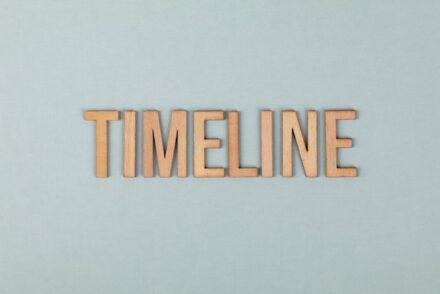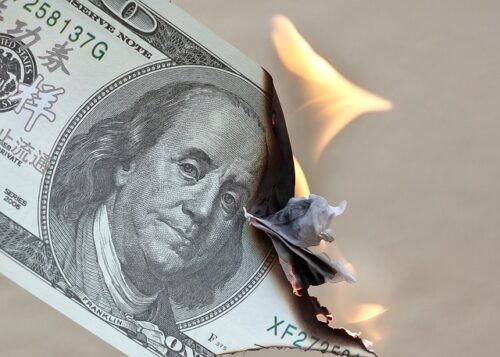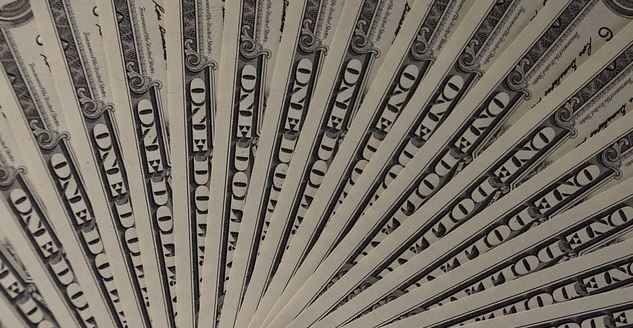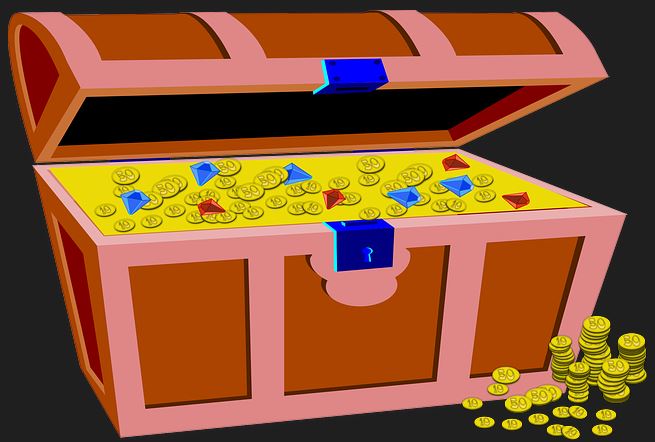Government Spending and Inflation. Part 6
Note: This was posted at 4:24 pm on March 26 with some incomplete sections. Updating in was completed at 2:52 am March 28.
In previous parts of this discussion, we have made some qualitative observations about relationships involving the correlations between U.S. federal government spending and inflation in the U.S. economy. For the first time in this series, we will move into the arena of quantitative measurements of government spending and inflation correlations.

Credit: Photo by Mahdi Soheili on Unsplash






